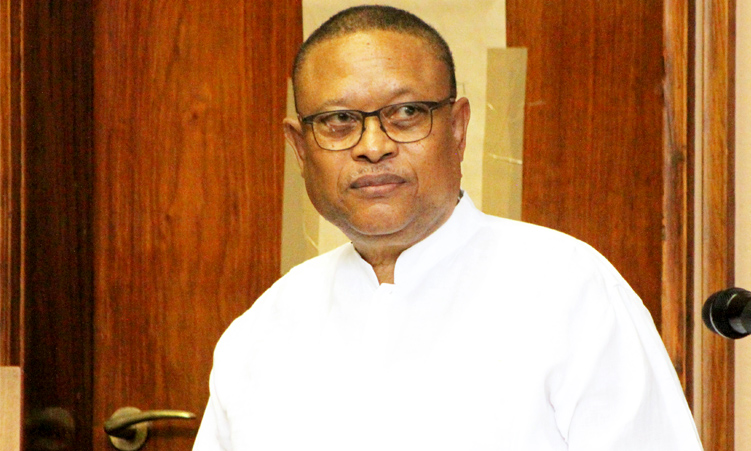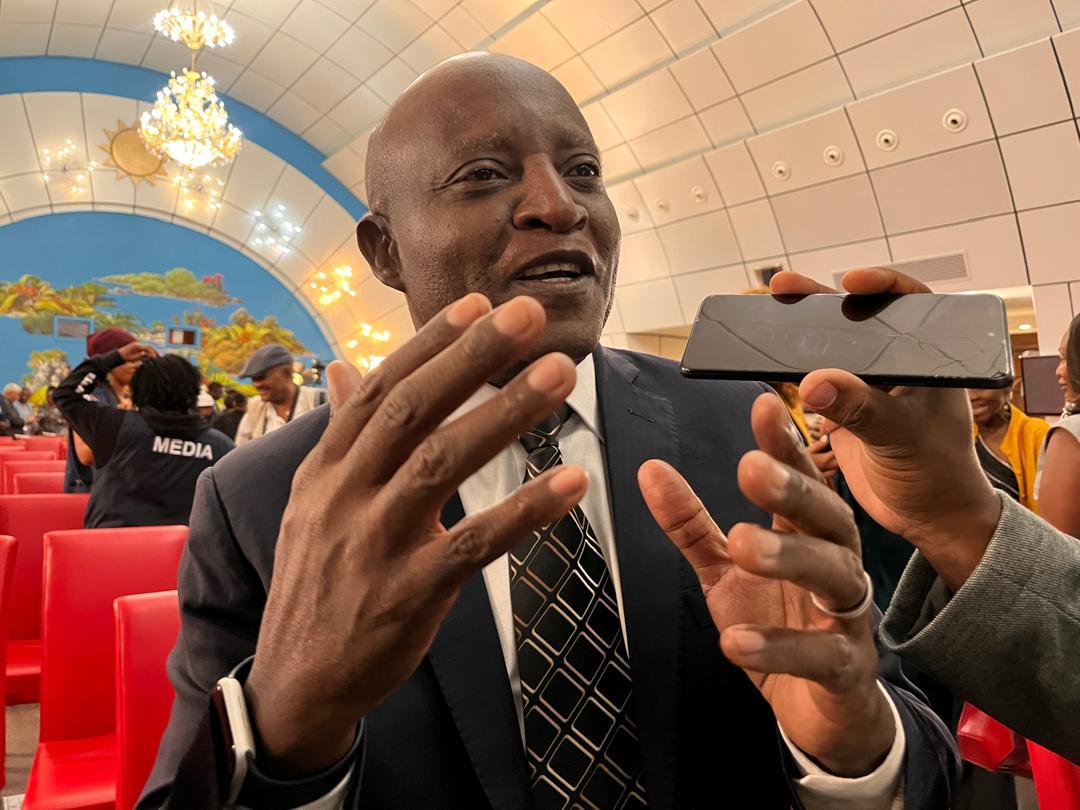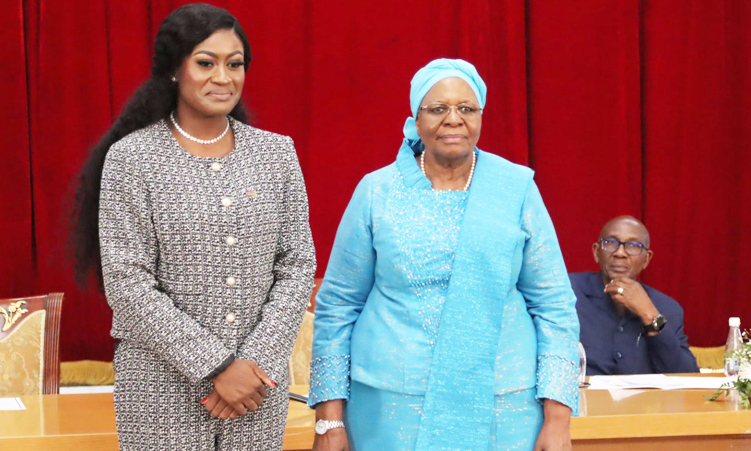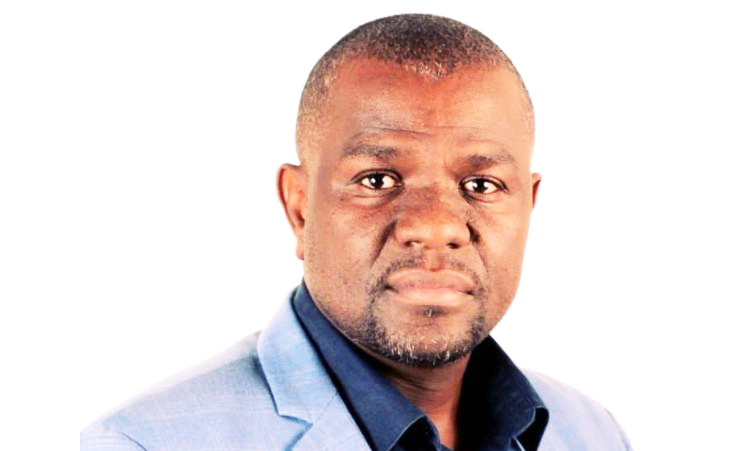Former minister of fisheries and marine resources Bernhard Esau says some of his co-accused in the Fishrot fishing quotas fraud and corruption case used his name for their own benefit.
Continuing with his testimony in a bail hearing in the Windhoek High Court yesterday, Esau denied that he gave instructions that resulted in the state-owned National Fishing Corporation of Namibia (Fishcor) paying millions of Namibia dollars to the law firms De Klerk, Horn & Coetzee Incorporated (DHC) and Sisa Namandje & Co in 2017 and 2018.
The state is alleging that close to N$82 million that Fishcor and Icelandic-owned fishing companies that used fishing quotas allocated to Fishcor paid into a bank account of DHC, and also N$15 million that Fishcor paid into an account of Sisa Namandje & Co, were channelled to some of the accused in the Fishrot case and the corporate entities controlled by them.
Esau (65) told judge David Munsu he did not give instructions for these payments to be made to the two law firms.
“I totally rebut [that],” he said.
“My name was used.”
Asked by defence lawyer Florian Beukes who used his name, Esau answered that other accused in the Fishrot case “used my name for their benefit”.
Esau also disputed testimony given by former Fishcor chief executive Mike Nghipunya when he testified during a bail hearing in the High Court in November 2021.
Nghipunya initially said he had received instructions from Esau about payments that were to be made from money received by Fishcor for fishing quotas allocated for supposed “governmental objectives”.
Later in his testimony, though, he watered down this version and said he did not receive instructions from Esau directly, but that these were communicated to him by the then chairperson of Fishcor’s board of directors, James Hatuikulipi – also an accused in the Fishrot case.
Esau told the court yesterday that although he signed documents recording payments made by Fishcor, he did not have the capacity or required records in his office to review and confirm the correctness of the beneficiaries of those payments.
He added he signed the documents because he did not want to create a bottleneck that would delay the completion of Fishcor’s audited financial statements.
With his bank accounts and assets placed under the control of a curator appointed in terms of the Prevention of Organised Crime Act, he does not have access to his savings and is not able to continue to pay for the services of a lawyer, Esau told the judge.
He said he would be able to raise N$200 000 for a bail deposit if granted bail, and would then try to focus on his farming activities to raise funds for his legal representation during his trial.
He said he would stand his trial if released on bail, and in the interest of the public and the administration of justice he wants to explain his defence to the charges he faces during the trial.
Esau’s bail hearing is scheduled to continue on 2 May, and also from 22 to 26 May.
One of his co-accused, Nigel van Wyk, is also applying for bail during the same proceedings before Munsu.
Stay informed with The Namibian – your source for credible journalism. Get in-depth reporting and opinions for
only N$85 a month. Invest in journalism, invest in democracy –
Subscribe Now!










